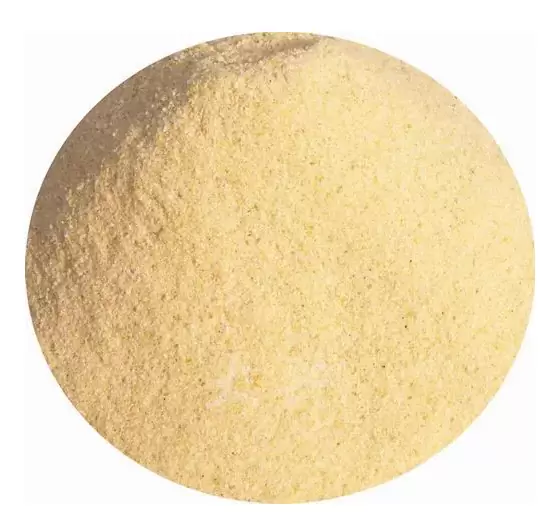A heterogeneous polysaccharide, pectin combines different types of oses such as galacturonic acids (homogalacturonans and rhamnogalacturonans).
Apple pectin is rich in soluble fibres. These are fermentable, i.e. they can be used by the bacteria of the intestinal microbiota and promote their development. These "good" bacteria produce short-chain fatty acids (SCFAs) such as propionate, acetate or butyrate (end products of fermentation).
These SCFAs are an important source of energy for our body and are quickly absorbed by the colon.
According to studies, butyrate and propionate increase insulin sensitivity, especially in the case of type 2 diabetes. Butyrate has also been attributed a beneficial effect in the prevention of inflammatory diseases (Canani et al., 2011). Butyrate also stimulates the regulatory T-lymphocytes in the intestinal mucosa.
By breaking down dietary fibre, the colonic microbiota releases vitamins and minerals that are transported to the colon. These molecules possess antioxidant and anti-inflammatory properties that are accessible to the host.






